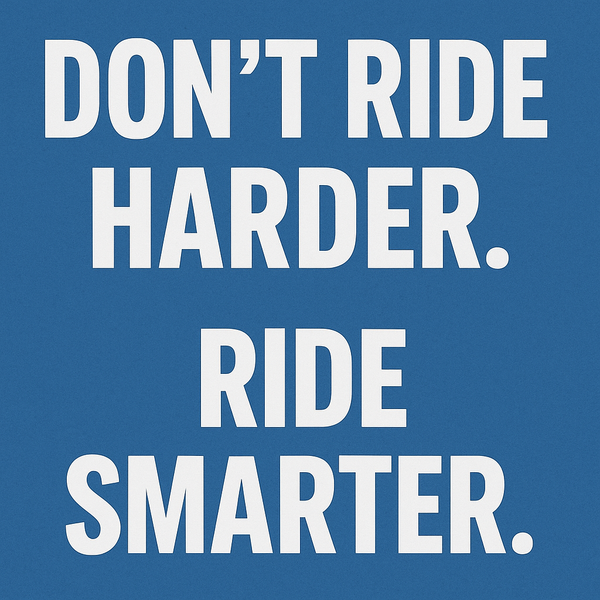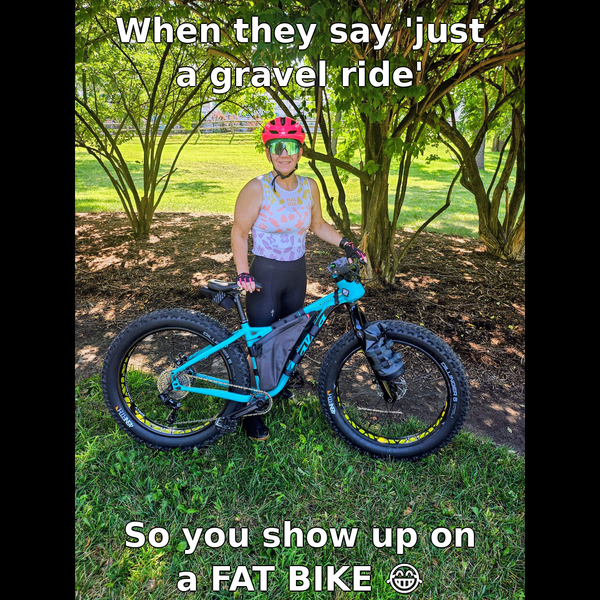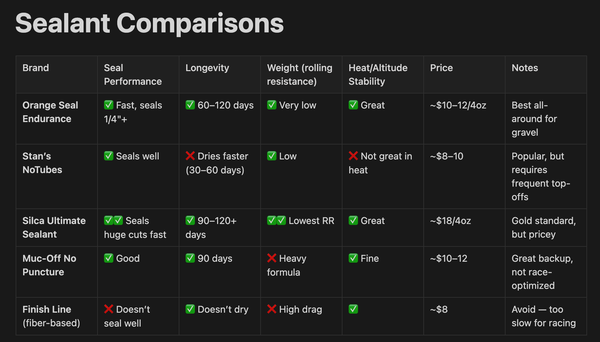Extraordinary Parent Exposure Syndrome™ (EPES): When Your Mom Treats Adversity Like a Hobby "My Parents Are Weird (But Awesome)"
Abstract
Children of extreme endurance athletes grow up observing feats that defy everyday definitions of “normal.” While it’s common for these children to affectionately label their parents as “weird”—especially when recounting tales of pre-dawn runs or 100-mile races to friends—the underlying psychology reveals a mix of embarrassment, admiration, and deep, enduring inspiration. This essay explores the complex psychological dynamics of children with extraordinary athlete parents, examining how parental participation in extreme sports shapes autonomy, motivation, and the child’s evolving perception of achievement. Through current research, we unpack why “weird” can also mean “remarkable,” and why parental role modeling in sport has lifelong psychological impact.
Introduction
Every child has a moment of quietly wishing their parents were a little more ordinary—especially when their parent shows up to school drop-off still wearing a timing chip or discusses glycogen depletion during dinner. Yet, beneath the surface-level complaints or teasing ("Ugh, my mom is running another marathon"), children whose parents commit to extreme endurance sports often develop unique psychological strengths and perspectives, from increased self-confidence to a persistent belief in what the human body (and family) can achieve. How does such extraordinary parental example shape a young mind?
Parental Role Modeling: Weirdness and Wonder
Parental behavior powerfully informs a child’s values and motivation. Research shows that parents perceived as athletic role models—and who offer praise, understanding, and genuine support—help children develop autonomy, confidence, and strong intrinsic motivation, even when the parent’s feats are viewed as “weird” by their child’s peer group[1].
Achievement Motivation Theory suggests that children are positively influenced when parents demonstrate commitment to impressive physical goals, especially when those goals are accompanied by support and celebration rather than pressure or control[1][3]. For the young child who rolls their eyes at Dad’s Ironman finisher tattoo, that visible dedication creates an internalized sense of perseverance and possibility—even if it isn’t always expressed.
The "Embarrassed but Impressed" Dynamic
It’s common for children to express annoyance or embarrassment about a parent’s extreme habits (early alarms, odd diets, garish running kit). Yet studies consistently find that positive parental involvement—characterized by warmth, praise, and understanding—facilitates strong self-confidence, stress-coping ability, and commitment in children, especially young athletes[2].
Notably, the strongest parent–child relationships are built when parents strike a balance between involvement and autonomy support. When children are allowed to participate or spectate without coercion, they report greater enjoyment and admiration for their parents’ dedication—sometimes secretly marveling at their parent’s capacity for pain and resilience, even while publicly declaring, “My dad is so weird…”[1][2].
Motivation, Autonomy, and The Long Game
When parents model mastery and long-term effort, it helps children embrace a "growth mindset," fostering motivation that supports not only athletic pursuits but also broader challenges[1]. The child may not want to run ultramarathons themselves (at least, not yet), but having a role model who openly faces extreme goals plants seeds of self-belief, determination, and the sense that limits can be challenged and redefined.
Research highlights that unconditional praise, supportive feedback, and involvement (such as having their child present at finish lines) promote effort, mastery, and approach motivations—key factors for resilience both in and outside of sport[1]. Importantly, this approach also helps avoid the pitfalls of parental pressure, which can cause anxiety, reduce motivation, and lead to avoidance or dropout when pushed too far[1][2][3].
Family Identity and the "Weird" Advantage
Having an “outlier” parent can, over time, become a source of family pride and identity. While a young child may complain about their parent’s weird habits, adolescents and adults often look back with gratitude, having internalized values of discipline, perseverance, and the courage to stand out. Research confirms that secure, positive parent–child relationships foster autonomy, identity development, and long-term well-being[1][2].
Conclusion
To outsiders, children of extreme endurance athletes may offer up a chorus of “My parents are so weird,” but psychology reveals a deeper story: one of admiration, inspiration, and quietly growing pride. Supportive, autonomy-focused parental role modeling enriches children’s confidence, motivation, and sense of possibility, proving that “weird” is often just another word for “exceptional.”
References
[1] Frontiers in Psychology. (2024, January 8). The role of parents in the motivation of young athletes: A systematic review. https://www.frontiersin.org/journals/psychology/articles/10.3389/fpsyg.2023.1291711/full
[2] Utah State University. (n.d.). The parent–child relationship and sport parents’ experiences of burnout and engagement. https://cehs.usu.edu/families-in-sport-lab/files/publications/youth-sport/publication-9.pdf
[3] Sánchez-Miguel, P. A., Leo, F. M., Sánchez-Oliva, D., Amado, D., & García-Calvo, T. (2013). The importance of parents' behavior in their children's enjoyment and amotivation in sports. Journal of Human Kinetics, 36, 169–177. https://pmc.ncbi.nlm.nih.gov/articles/PMC3661888/
Sources [1] The role of parents in the motivation of young athletes: a systematic ... https://www.frontiersin.org/journals/psychology/articles/10.3389/fpsyg.2023.1291711/full [2] [PDF] The Parent–Child Relationship and Sport Parents' Experiences of ... https://cehs.usu.edu/families-in-sport-lab/files/publications/youth-sport/publication-9.pdf [3] The Importance of Parents' Behavior in their Children's Enjoyment ... https://pmc.ncbi.nlm.nih.gov/articles/PMC3661888/ [4] Parental Stressors in Sports Influenced by Attributes of Parents and ... https://pmc.ncbi.nlm.nih.gov/articles/PMC9265504/ [5] The surprising role of childhood trauma in athletic success: U of T ... https://www.utoronto.ca/news/surprising-role-childhood-trauma-athletic-success-u-t-expert [6] Children are as fit as endurance athletes - Frontiers https://www.frontiersin.org/news/2018/04/25/physiology-children-kids-fit-endurance-athletes [7] Raising Young Elite Athletes - A Quick Guide For Parents https://condorperformance.com/raising-young-elite-athletes/ [8] Children that do 'endurance' sports - any benefit seen in adulthood? https://www.reddit.com/r/StrongerByScience/comments/1efwon3/children_that_do_endurance_sports_any_benefit/ [9] Perceived parental behaviours and motivational processes among ... https://www.sciencedirect.com/science/article/abs/pii/S1469029219303565 [10] Sport Specialization and the Family: Examining the Effects Outside ... https://appliedsportpsych.org/blog/2023/12/sport-specialization-and-the-family-examining-the-effects-outside-the-lines/



